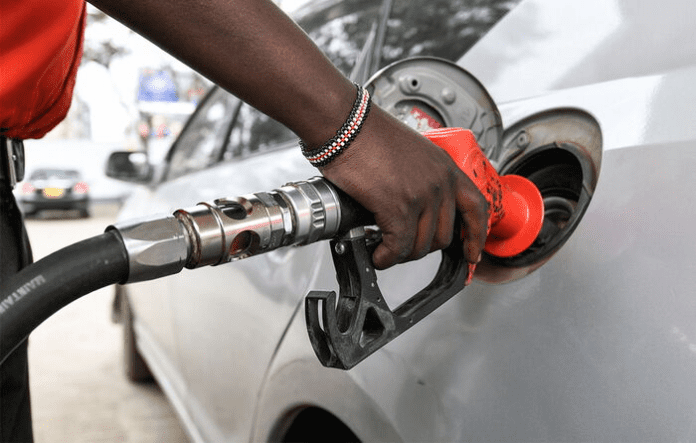The Energy and Petroleum Regulatory Authority (EPRA) and the Kenya Bureau of Standards (KEBS) have reassured Kenyans about the quality of petroleum fuels available in the country, dismissing concerns raised on social media.
In a joint statement on Thursday, the two agencies warned the public against relying on unverified gadgets that claim to measure the Research Octane Number (RON) of fuel.
RON, commonly known as the octane rating, determines a fuel’s ability to resist engine knocking. Using low-RON fuel can negatively impact engine performance.
According to EPRA and KEBS, some of the devices used in recent online claims do not provide scientifically reliable results unless verified through laboratory testing that follows proper sampling and calibration procedures.
“We caution consumers that while some gadgets can give an indication of RON ratings, their results cannot be considered accurate unless confirmed through standard laboratory tests,” read part of the statement.

Photo
EPRA
Fuel Quality Meets Standards
The two agencies affirmed that petroleum fuels sold in Kenya adhere to strict quality standards. Following allegations of substandard fuel circulating on social media, EPRA and KEBS conducted extensive tests on samples from several fuel stations, including those mentioned in the reports.
Their findings confirmed that fuel from all sampled locations met the recommended RON ratings as outlined in Kenyan Standards. They further noted that all imported petroleum products undergo mandatory testing and certification before being released into the market.
“In response to recent reports and videos circulating online, we carried out thorough confirmatory tests on fuel samples from various petroleum retail stations,” the agencies stated.
“The results confirmed that the fuel in all sampled stations complies with the recommended Research Octane Number (RON) ratings.”
Commitment to Transparency
EPRA and KEBS reiterated their dedication to maintaining high standards in fuel quality monitoring, emphasizing their commitment to transparency and accuracy.
The clarification comes after a Kenyan content creator posted videos online, claiming to have tested fuel from different stations in Nairobi. The videos suggested that some stations were selling substandard fuel, with one well-known brand specifically accused of distributing poor-quality products.
The regulatory agencies have urged the public to rely on verified testing methods and official channels for concerns about fuel quality.





![SHA Suspends Dozens of Health Facilities Over Alleged Fraud [LIST]](https://citymirror.ke/wp-content/uploads/2024/12/image-14-218x150.png)

